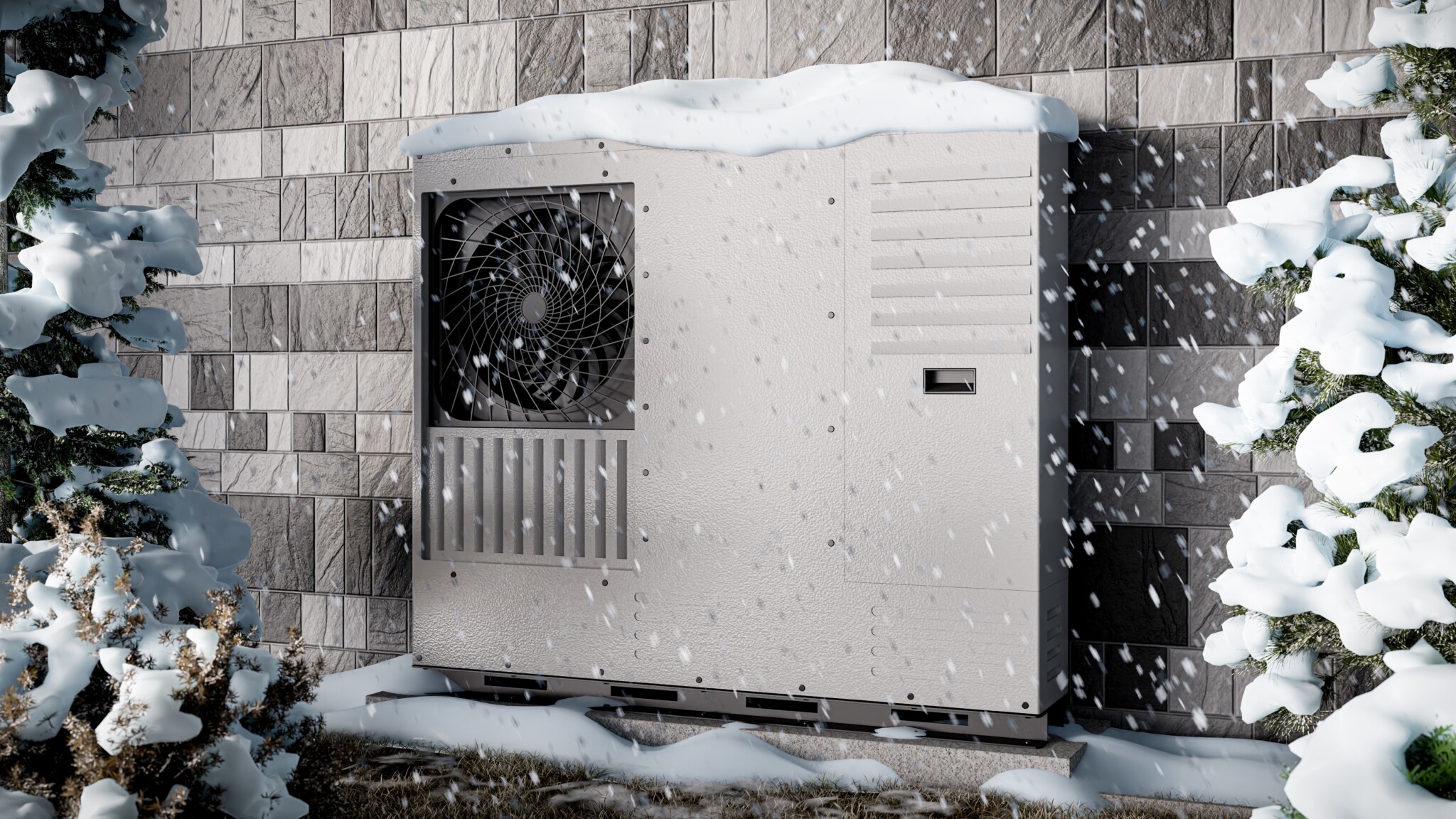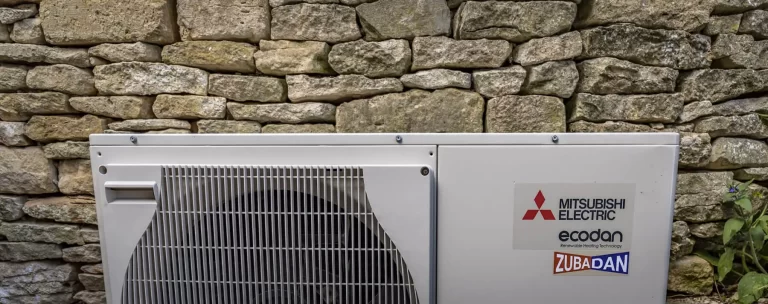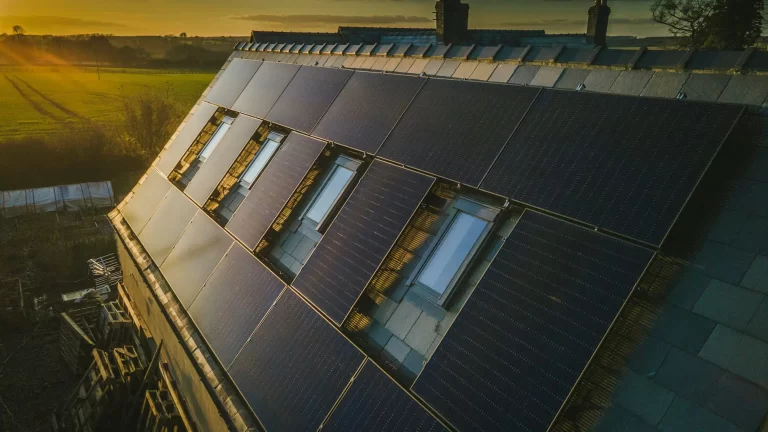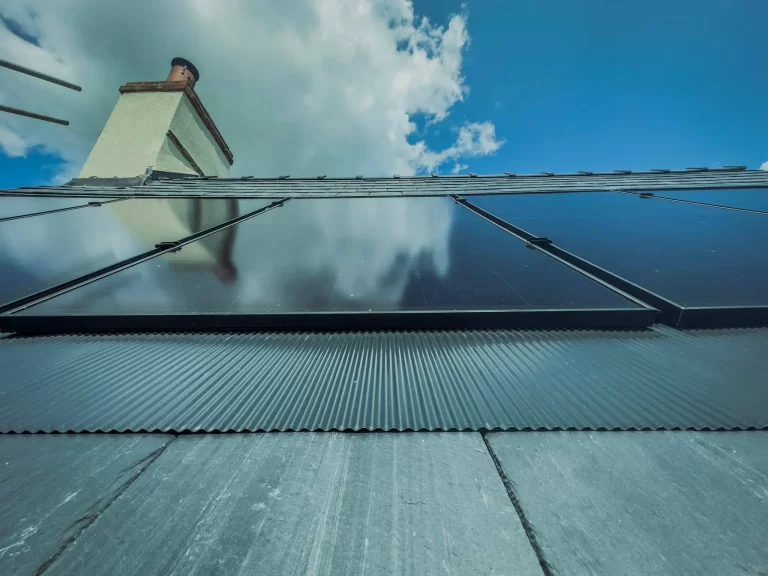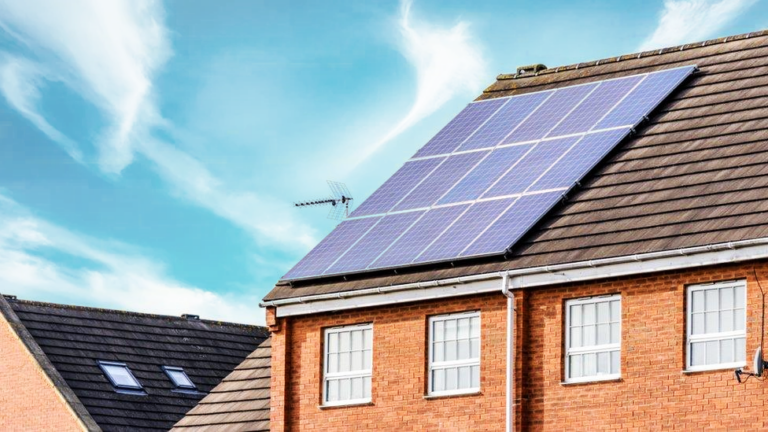Table of Contents
Do Heat Pumps Work in Cold Weather?
Heat pumps have gained popularity as an energy-efficient way to heat homes, but many people wonder: Do heat pumps work in cold weather? The short answer is yes—modern heat pump technology allows them to perform well even in low temperatures. However, there are important factors to consider, such as efficiency, performance, and potential limitations in extreme cold.
How Does a Heat Pump Work in Winter?
Heat pumps operate by extracting heat from the air outside and transferring it into your home. Even in winter, outdoor air contains thermal energy that can be absorbed and compressed to provide warmth. The system works using a refrigeration cycle, similar to how an air conditioner functions but in reverse. Here’s how the process works:
- Heat Absorption: The air source heat pump in winter draws in outdoor air, which passes over a refrigerant-filled coil. Even in freezing temperatures, this refrigerant absorbs heat. Modern heat pumps can extract heat efficiently from air as cold as -25°C (-13°F).
- Compression: The refrigerant, now carrying heat, is compressed, raising its temperature significantly. This step is crucial for air to air heat pump efficiency and ensures sufficient indoor heating.
- Heat Transfer: The hot refrigerant moves through a coil inside your home, where a fan distributes warm air into the living space. High-performance units can deliver heat pump efficiency levels of up to 400%, meaning they provide four units of heat for every unit of electricity consumed.
- Expansion & Cooling: The refrigerant then expands, cools down, and repeats the process. Advanced inverter-driven compressors adjust the system’s speed dynamically to match heating demand, improving efficiency and reducing operating costs.
Heat Pump Performance in Cold Climates
One concern with cold climate heat pumps is their ability to work efficiently in freezing conditions. While older models struggled in sub-zero temperatures, modern inverter-driven compressors and advanced refrigerants allow the most efficient heat pumps to function even in extreme cold, as low as -25°C (-13°F). The efficiency of a heat pump is measured by its SCOP (Seasonal Coefficient of Performance), which indicates how much heat it produces compared to the electricity it consumes over the course of a year. The best heat pumps can achieve a SCOP of 4.0 or higher, meaning they produce four units of heat for every unit of electricity used. In comparison, a traditional gas boiler typically operates at around 90% efficiency, which means it produces 90 units of heat for every 100 units of energy it consumes. This makes high-SCOP heat pumps significantly more efficient than gas boilers in the right conditions.
Do Heat Pumps Work Below Freezing?
Yes, heat pump efficiency remains high in cold conditions, though their output may drop as temperatures plummet. Most air source heat pumps work efficiently down to around -20°C (4°F) before performance declines significantly. Some air source heat pump problems in cold weather UK homeowners experience include reduced efficiency and increased reliance on backup heating in extremely cold conditions. However, properly sizing the system and ensuring a well-insulated home can minimize these issues. The defrost cycle is also crucial, as it prevents ice buildup on the outdoor unit, allowing the system to function properly.
How Cold is Too Cold for a Heat Pump?
While heat pumps can work in sub-zero temperatures, their efficiency decreases as it gets colder. Most models operate effectively until about -20°C (-4°F), though some high-performance models can function down to -25°C (-13°F). Below these temperatures, a supplementary heating source, such as an electric resistance heater or hybrid system, may be needed. The best heat pumps for cold climates are specifically engineered to function efficiently in these extreme conditions, making them a viable option even in harsh winters.
Heat Pump Pros and Cons
Pros:
- Energy Efficiency: Heat pumps use less electricity than traditional heating systems, with SCOP ratings of 3 to 5, meaning they produce three to five times the heat output per unit of electricity consumed.
- Lower Carbon Footprint: They contribute to sustainability goals by using renewable energy, reducing household CO₂ emissions by up to 60% compared to gas boilers.
- Cooling Capability: Some heat pump systems can also provide cooling in summer, making them a year-round solution.
- Long-Term Savings: Though installation costs can be higher, running costs can be lower than conventional heating systems, especially in well-insulated homes.
- Government Incentives: Homeowners in the UK may qualify for a £7,500 grant under the Boiler Upgrade Scheme (BUS), reducing upfront costs.
Cons:
- Upfront Cost: Initial installation can be expensive, with prices ranging from £7,000 to £14,000, depending on system size and property type.
- Performance in Extreme Cold: While high-performance models can work down to -25°C, standard models may require a backup heating source below -20°C.
- Potential Short Cycling: Incorrect sizing or installation can lead to frequent on/off cycling, reducing efficiency and lifespan. To avoid this, a professional should properly size the unit to the home’s heating demands.
Heat Pump Maintenance and Lifespan
Regular heat pump maintenance is essential to ensure optimal efficiency. Cleaning filters, checking refrigerant levels, and ensuring the defrost cycle functions properly, can extend the heat pump lifespan, which typically ranges from 15 to 20 years. Additionally, servicing the unit annually helps maintain efficiency and prevents minor issues from developing into costly repairs.
Is a Heat Pump Worth It in Cold Climates?
The answer depends on factors like insulation, local climate, and system type. For many, air to air heat pump efficiency makes them a worthwhile investment, reducing energy bills and environmental impact. If you’re considering an installation, look for the best heat pump for cold climates with a SCOP of at least 4.0 to ensure reliable performance year-round.
Conclusion
So, do heat pumps work in cold weather? Yes! With advancements in technology, air source heat pump efficiency in the UK continues to improve, making them a practical choice even in winter. Proper selection, installation, and maintenance will ensure your system runs effectively, providing warmth and energy savings for years to come.

